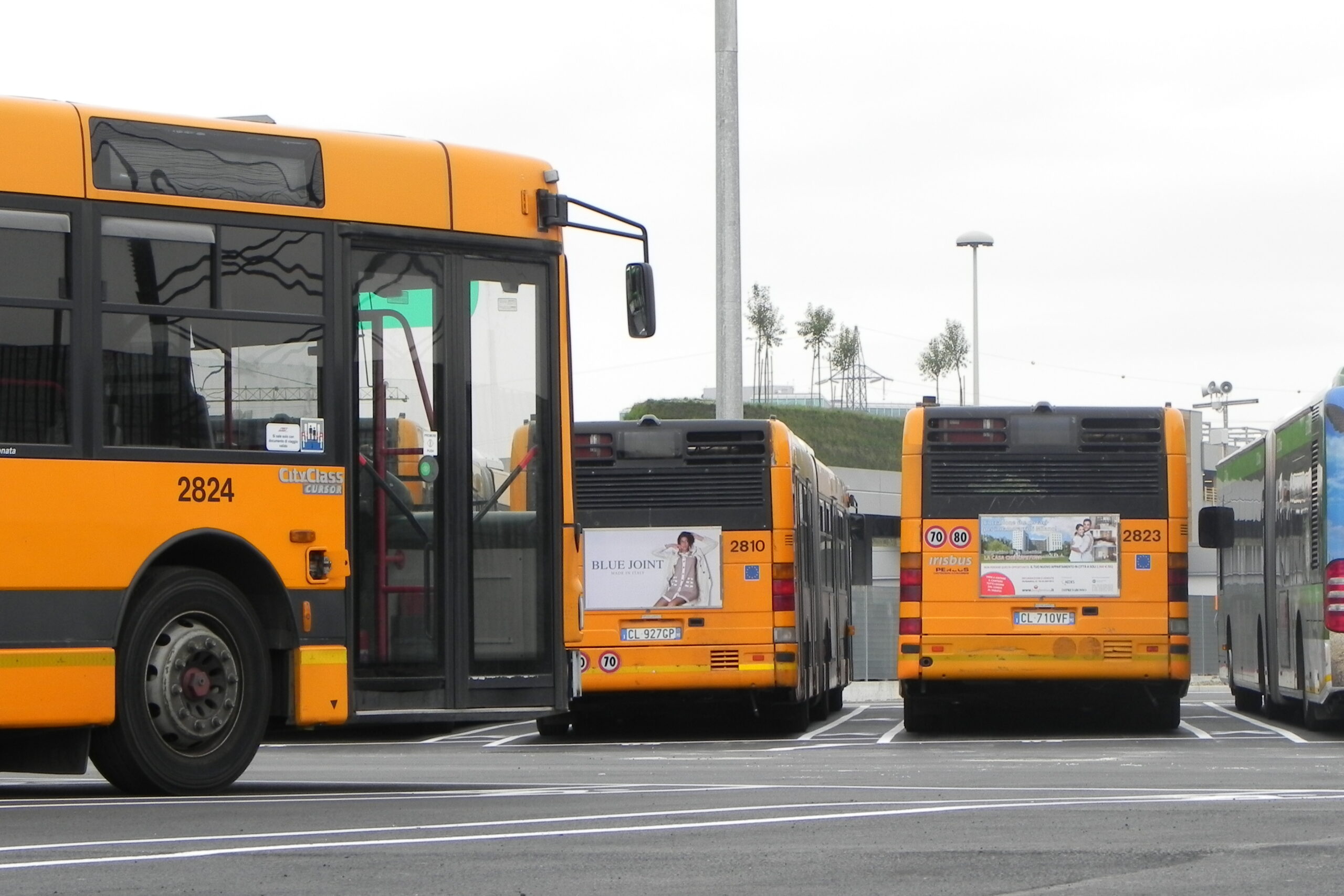The MIT guidelines lack the reform of local public transport

Marco Foti's speech
On 9 September, the Minister of Infrastructure and Sustainable Mobility, Enrico Giovannini, presented the guidelines on Tpl to the Transport Commission of the Chamber. Not really an act of address but the clarification of the work carried out in these months characterized by the Corona Virus pandemic.
Four lines of intervention, according to the ministry, through which to re-establish the rules of a sector which, since the start of the announced reform of the Burlando Decree (1997), awaits the leap in quality.
We have learned, read and digested the work carried out in recent months with the periodic press releases of the Ministry announcing the implementation of measures aimed at enhancing the transport offer, "especially during peak hours", funds for the compensation of loss of company revenues and funds for the provision of additional services.
All integrated with the provincial prefectoral tables to ensure the correct distribution of demand and "reduce the peaks in peak hours" through the mismatch of school and commercial hours.
Actions and measures that, on paper, would have allowed greater safety on board means of transport in urban and extra-urban areas. In the last school year it did not go exactly as expected and hoped: the meetings with the prefectures have created many problems with transport companies and school organization.
For this reason, the Ministry has foreseen the widening of the obligation to appoint mobility managers in companies and public administrations with more than one hundred employees in large municipalities. An unrealistic goal given the results of the failure of the Ronchi Decree (because, let's face it, this is precisely the basis of the new DM) whose reference is dated to 1998.
The guidelines presented to the Commission also deal with the rules of operation of transport and the safety of workers, the latter aspect however postponed in its due analysis.
In relation to the functioning of the local public transport system, at first the Mims had thought of extending the obligation of the Green Pass to the means of local public transport, therefore buses, trams and metro. Shot immediately corrected as the green certificate is not required "Due to the current level of vaccinated population and in consideration of the scientific evidence on the assumption of the average stay times of passengers indicated by the available data, a filling coefficient not exceeding 80% of the places for territories in the white or yellow zone. In the case of transport involving several Regions / Autonomous Provinces, the provisions applied in the areas with the highest risk apply ”.
Not even a shadow of the local public transport reform. To tell the truth, a slide of the Minister's presentation is dedicated which highlights the Institution, in January 2021, of a Commission that "prepared a report that offers reflections and proposals to update the regulatory framework on local public transport, with particular reference to the improvement of service quality thanks to technological evolution and changes in the institutional and economic-financial structures of the sector ".
The LPT really needs a real reform, and not on paper.
I now believe that we should no longer speak of minimum services but of "Essential Levels of Transport", on a par with what is considered in health care. If the European Commission identifies the minimum services as those "public service obligations intended to guarantee frequency, quality, regularity for safe transport at reasonable high quality costs", in the same way it is necessary to introduce the concept of "Essential Level of Transport", or "services and services that the public administration is required to provide to all citizens" due to compliance with that right to mobility referred to several times in our Constitution (article 1, first paragraph, articles 2, 3, 4, 16, 33 and 34).
Therefore, the reform must provide for public transport conceived under conditions accessible to all, supplementing the private mobility used to go to the workplace or to reach the school or university or health institution or even for leisure (given that occasional mobility has exceeded the systematic one), with forms also different from traditional solutions.
Addressing for the first time in the history of the Nation the mobility and ways of moving people with disabilities who, according to an estimate by Censis, in Italy are over four million citizens, an estimated growth trend of 6.5 million in 2040 .
Because, as the President of the Republic wrote in a message on the International Day for the Rights of Persons with Disabilities, "The level of civilization of a people and a State is also measured by the ability to ensure inclusion, equal opportunities, rights and participation in all areas of public, social and economic life “.
This is a machine translation from Italian language of a post published on Start Magazine at the URL https://www.startmag.it/smartcity/nelle-linee-guida-del-mit-manca-la-riforma-del-trasporto-pubblico-locale/ on Mon, 13 Sep 2021 15:42:31 +0000.
